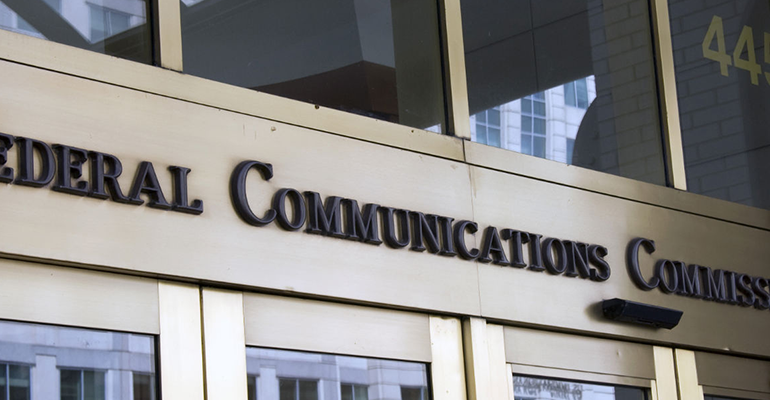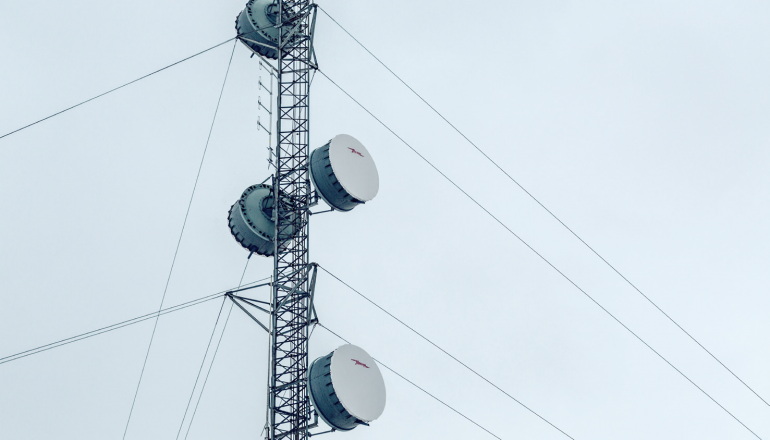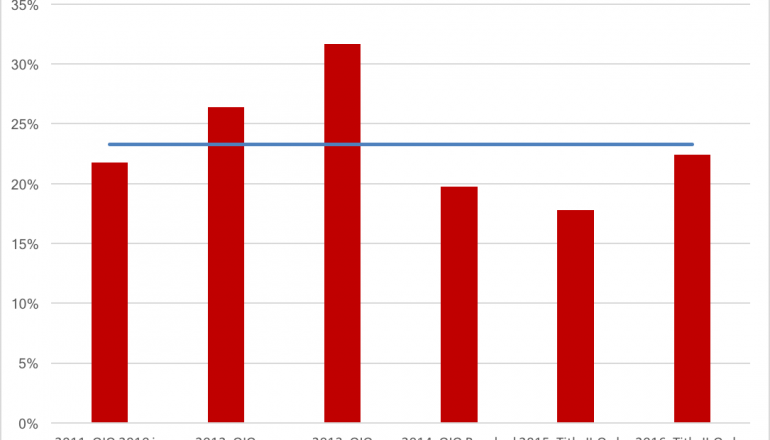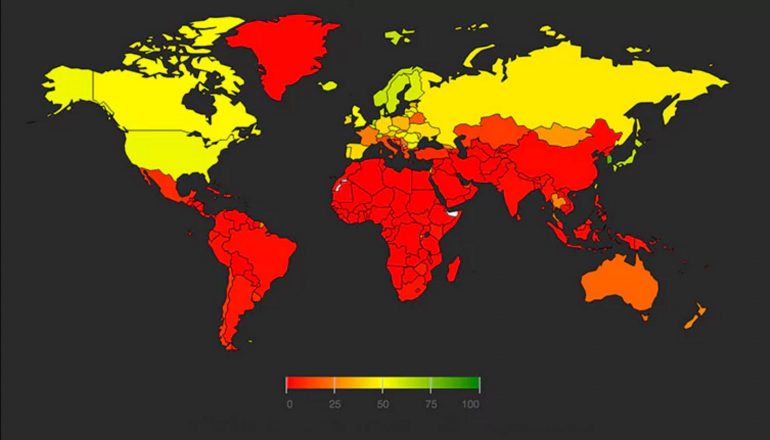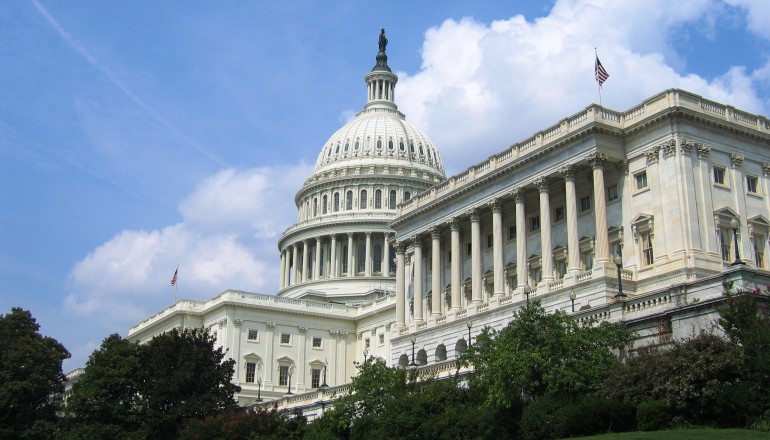The Internet After Net Neutrality
Let’s not be distracted by shiny objects any more. The Internet still has tremendous promise as well as serious problems to solve. Making it better through continuous experimentation should be the top priority.
My FCC Comments on Broadband Progress
Here’s the summary of the comments I filed with the FCC on its broadband deployment report to Congress. A lot of the ink in the mainstream media today echoes a…
You Get What You Measure
The awesome TPRC Conference starts on Friday this week, at the Scalia Law School at George Mason U. in Arlington. This conference brings academics and policy scholars from around the world together…
Open Internet Orders Degrade Internet Improvement
Even when the figures for 2016 are taken into account, the numbers show very clearly that Open Internet Orders are a drag on the rate of broadband improvement in the US. The numbers also show that the Title II order did more damage than the 2010 Title I order.
We want our broadband speeds to improve. The data show that the best way to make that happen is to challenge open Internet orders, especially those that classify broadband Internet service under Title II.
Highly Illogical Broadband Claims
What the FCC can do is help to keep large swathes of the American population from falling behind. And it can do this by saying yes to network deployment and innovation. A good first step in that process is to let go of the vacuous virtuous cycle of networks + apps innovation. That argument is illogical.
Faster Internet up to Web Sites
The ISP can take traffic from a server to a user as fast as the speed of light, but if the web server is underpowered or overloaded with badly written tracking code, the user isn’t going to be happy.
Wireless First: A Winning Strategy for Rural Broadband
The nice thing about focusing on wireless for the final leg of the extended broadband system is that it doesn’t duplicate effort or waste money. Despite the glory of fiber optic networks, people want mobility. So wireless is going to be part of the solution regardless. Why don’t we just accept that and concentrate on building the best wireless networks first and fill in with fiber only when and where it’s truly needed?
Delaware Internet as Fast as South Korea?
The Washington Post’s GovBeat blog has a nice summary of the latest “State of the Internet” report from Akamai. They’ve broken out US states and compared them to nations, a…
FCC Hearings: Where’s the Tech?
The five Congressional hearings on the FCC in the last week yielded surprisingly little technical content. While I’ve learned not to be optimistic about the ability of the nation’s “expert…
Where Does US Broadband Speed Really Rank?
This is the second part of pair of posts on US broadband speed; the first covered average download speed (33.5 Mbps in the US) and this puts that speed in…



